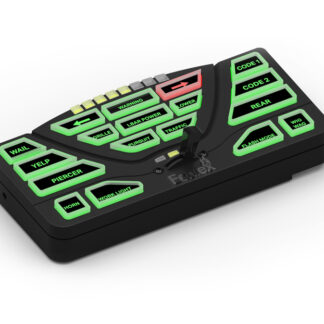In our fast-paced, technology-driven world, being constantly connected has become the norm. Smartphones, social media, emails, and instant messaging have made communication instantaneous and ubiquitous. While these advancements offer convenience, they also blur the line between work and personal life, often leading to mental exhaustion. This is where the concept of "digital detox" comes in. In this article, we’ll explore the importance of taking a break from the digital world to regain balance, focus, and mental clarity.
The Impact of Constant Connectivity
Being perpetually connected to technology can have several downsides, including:
-
Decreased Productivity: With constant notifications and the temptation to check social media, many people find it hard to focus on tasks. Studies show that multitasking between digital platforms can reduce productivity and increase stress.
-
Sleep Disruption: The blue light emitted from screens interferes with the body's natural sleep cycle. Late-night scrolling often leads to difficulty falling asleep, resulting in poor sleep quality and overall fatigue.
-
Mental Health Concerns: Social media platforms, while offering connections to others, can also create feelings of inadequacy and anxiety. The comparison culture often leads to diminished self-esteem and a constant fear of missing out (FOMO).
-
Neglected Real-Life Relationships: Ironically, while technology is designed to connect us, overuse can harm real-world relationships. Time spent on devices can replace quality interactions with family and friends, leading to feelings of isolation.
What is a Digital Detox?
A digital detox refers to taking a deliberate break from using electronic devices such as smartphones, computers, and social media. The aim is to disconnect from the constant barrage of information, notifications, and online pressures in order to refocus on real-life experiences.
Benefits of Digital Detox
-
Improved Mental Clarity: By reducing distractions from constant notifications, you allow your mind to rest and reset. This break helps in clearing mental clutter, making space for deeper thinking and creativity.
-
Better Sleep: A break from screens, especially before bed, improves sleep quality. Reducing blue light exposure helps regulate the production of melatonin, the hormone responsible for sleep, allowing for more restful nights.
-
Enhanced Relationships: Disconnecting from devices encourages meaningful face-to-face interactions. Being present during conversations improves the quality of your relationships, making you more attentive and engaged.
-
Increased Productivity: Without the lure of social media or the constant checking of emails, you can concentrate better on your work or personal goals. This leads to greater productivity and a more satisfying sense of accomplishment.
How to Start a Digital Detox
-
Set Boundaries: Begin by setting specific times during the day to check emails or social media. Avoid using devices an hour before bedtime to ensure better sleep.
-
Designate 'No-Tech' Zones: Create spaces in your home or workplace where technology is not allowed. This could be the dining table, the bedroom, or during family gatherings.
-
Unplug on Weekends: Dedicate a weekend, or even just a day, to completely unplug from technology. Spend time outdoors, read a book, or engage in a hobby that doesn’t require screens.
-
Mindful Consumption: Be mindful of how and why you are using your devices. Is it for work, connection, or simply a habit? Understanding the purpose can help reduce unnecessary screen time.
Conclusion
In a world where technology is deeply intertwined with our daily lives, it’s essential to recognize the importance of stepping away periodically. A digital detox can help restore balance, improve mental health, and enhance relationships. By setting boundaries and being mindful of our digital consumption, we can create a healthier relationship with technology and lead more fulfilling lives. So, take the time to unplug, reconnect with the world around you, and see the benefits it brings to your well-being.





